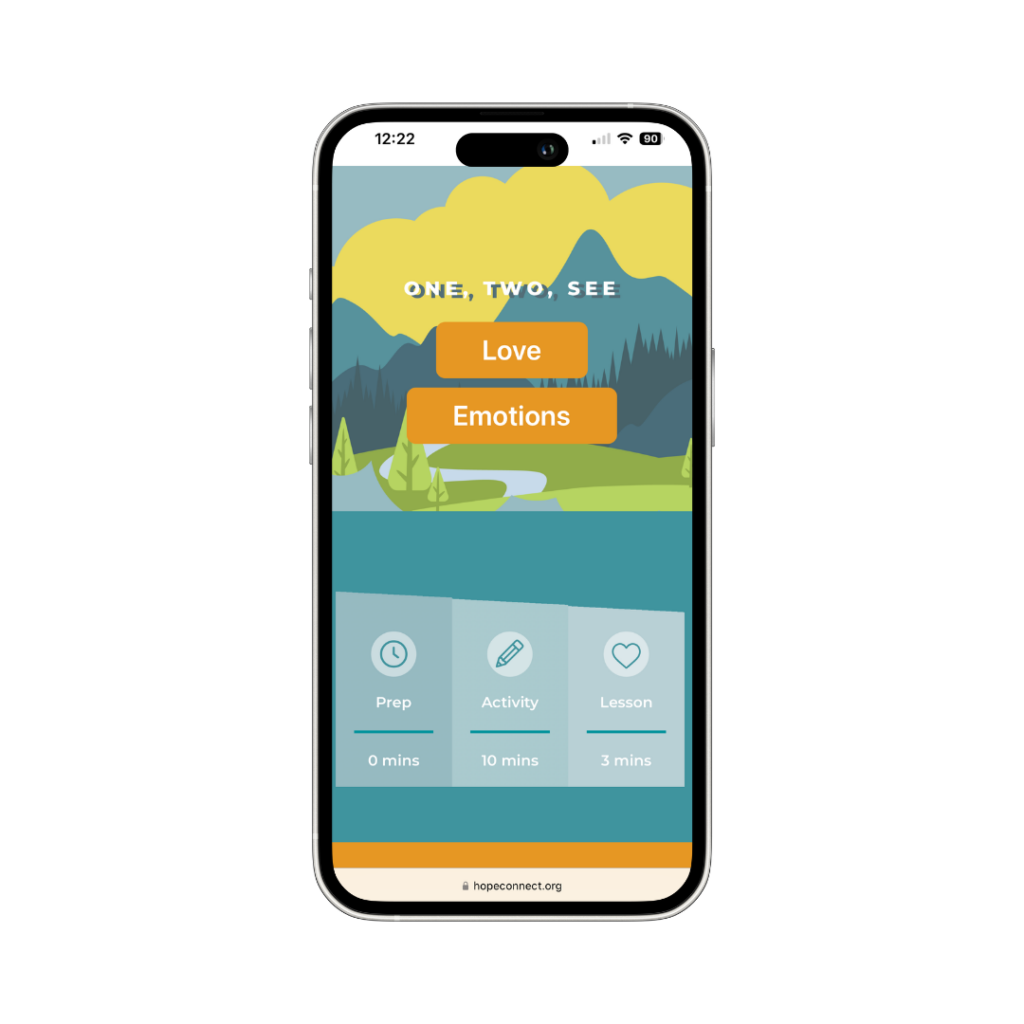Managing emotions is a skill we all need to be successful in life, and it’s one we learn at a young age. For children who have experienced trauma, knowing how to self-regulate can be especially difficult.
But it’s not impossible.
As a parent or caregiver, you’re one of the most important teachers your child has when it comes to managing emotions. Read on for our best tips to teaching managing emotions for kids.
Managing Emotions: An Overview
Navigating the world can be a daunting task for a child experiencing sensory overload, where a barrage of inputs—sights, sounds, smells and textures—become overwhelming. As a parent, understanding and identifying the signs of sensory overload is crucial to helping your child learn to manage their emotions.
Start by recognizing your child’s triggers. Here are few to look out for:
- Difficulty focusing
- Loud noises
- Bright lights
- Crowded spaces
Don’t worry—this is more common than you think. Although there might be various reasons for these types of behaviors, the root of these concerns might be sensory-related.
Whether a sensory overload was hard-wired from birth or developed because of trauma, your child may struggle with knowing how to self-regulate because of a sensory issue. Child Mind Institute defines sensory processing issues as “difficulty integrating information from the senses, which may overwhelm children and result in confusing behavior.”
Though these are now accepted as a symptom of autism, there are many children who face challenges in this area that are not on the spectrum and otherwise have no other diagnoses.
Some children struggle with sensory processing issues, leading to behaviors such as:
- Having a meltdown at the store
- Crying and then calming down
- Losing control and becoming violent
- Breaking things
- Picky eating
- Difficulty sitting and staying still
- Not responding when their name is called
- Appearing to be ignoring you
Children are not born knowing how to calm and soothe their own bodies. However, as parents, we can help our children learn how to help a child regulate their emotions. According to Dr. Jennie Trocchio, Ph.D., self-regulation is the foundation of all learning and development. “It [self-regulation] means to be calm and alert in body and mind, when your child can focus and attend to the world around them during stress,” she explains.
Foundation of Self-Regulation
The foundation for self-regulation is built in the first three years of life, when a child is most vulnerable. Self-regulation is relationship dependent. That means we can’t expect our children to control themselves without us as parents and caregivers being able to model it for them.
Because of this, it’s important for us to be mindful of our own ways of coping with stress or difficult situations.
If you’re wondering how to help a dysregulated child, the first step is to reflect on how you act when you’re overwhelmed.
When we are at the point of breaking down, how do we respond? Do we know how to regulate our own bodies? Remember — we must first be able to regulate and calm ourselves down before expecting our kids to, as they match our level of regulation.
Getting Started with Managing Emotions
Here are some tips for helping your children learn how to self-regulate.
1. Practice co-regulation
Dr. Jennie describes as “when their storm meets our calm.” In the middle of a scary situation for your child, get on their level, acknowledge how they may be feeling and assure them you will get through this together.
2. Use therapeutic tools
Weighted blankets or chew necklaces to support, both before a crisis and then also afterwards to help them calm down. These tools should not replace your relationship, however.
3. Offer your child calming choices
When you see them beginning to unravel, help your child reach a calm and alert state before expecting more from them.
The above ideas are starting points in the conversation about regulation. We encourage you to join one of our free, online, monthly EPIC Trainings to learn more about helping your child regulate.
KEY TAKEAWAY
Self-regulation is the foundation of all learning and development, but it must be taught. You are the most effective tool for showing your children how to do it. Lead by example and give your child some time to develop this new way of emotional regulation. If you also struggle with managing your emotions, read this article about handling high-stress situations as a parent.
ACTIVITY
The next time your child is experiencing big emotions, help them reset by playing Breathe & Believe. This simple activity helps kids focus on their breathwork and remember God is always near. Find this game and more now in the Everyday MomentsTM activities collection!
APPLICATION QUESTIONS
- The next time your child is having a meltdown, how can you help them self-regulate?
- How can you model self-regulation for your child the next time you feel overwhelmed?
KEY VERSE
‘Better to be patient than powerful; better to have self-control than to conquer a city.
PRAYER
Heavenly Father, You say in Your Word one of the fruits of the spirit is self-control. I pray that you teach me how to cultivate this in my child, and please show me how to demonstrate this quality for them in my day-to-day life, too. In Jesus’ name, amen.






